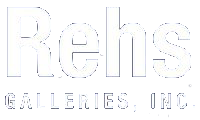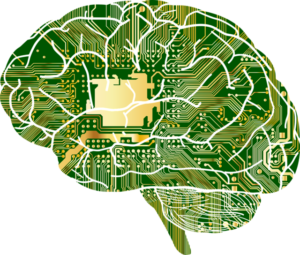Artificial intelligence in the art world is getting more and more attention. Mainly, I’ve written about AI being used in the study of art, like people using various programs to determine a painting’s authenticity or attributing a work to a specific artist. But I haven’t really touched upon AI-generated art. This topic became more of a talking point after German artist Boris Eldagsen turned down a photography prize he had won after revealing that the winning picture was AI-generated. Incidents like these have provided food for thought for many on all sides of the debate. When is using AI fair game? And where is the line between using it responsibly and cheating? But a group of artists is asking a new question: to what extent are AI-generated images copyright infringement?
Artists Sarah Andersen, Karla Ortiz, and Kelly McKernan are the plaintiffs in a lawsuit now being heard in district court in California. The artists allege that companies like Stability AI, Midjourney, and DeviantArt used their work to train their text-to-image generators. Therefore, any images these AIs produce are derivative works and a violation of copyright. However, the defendants have highlighted that, of the plaintiffs, only Andersen has works registered with the US Copyright Office. But even if all the artists held valid copyright for their creations, these companies claim that there needs to be a direct comparison between works to allege copyright infringement. Because the companies trained the AIs using dozens of these artists’ works, the images the AIs produce are not copies of individual pieces but are influenced by the artists’ specific styles. There is a difference between stealing from a particular work and creating something new but in another artist’s style. Furthermore, the AIs these companies developed did not just use these three artists’ works. The programmers used thousands of works from thousands of artists to train their respective AIs. If these AIs are trained properly, it would be nearly impossible to pinpoint any generated image or any part of an image as directly copied from another work.
Senior Judge William Orrick III heard oral arguments and, based on his questions and commentary, seemed skeptical of the artists’ arguments. Some claim that should Orrick decide against the artists, it is evidence that US copyright law as it currently exists is not adequately equipped to tackle issues concerning AI-generated art. The artists will also have the chance to appeal if they so choose.

